The casual tyranny of banning silent prayer
Abortion clinic ‘buffer zones’ have become tools of thought control.
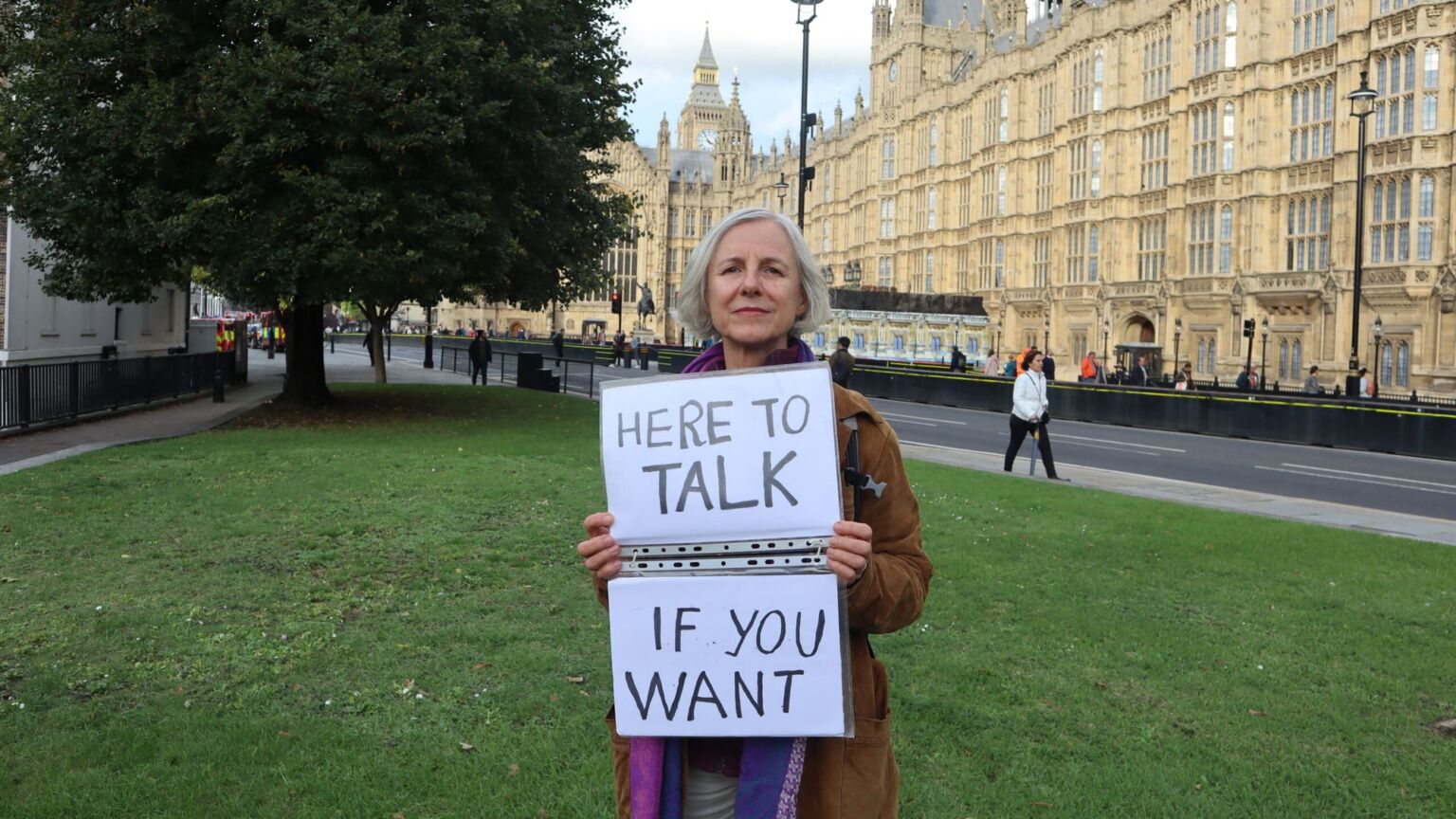
Want to read spiked ad-free? Become a spiked supporter.
Pro-life activist Livia Tossici-Bolt was convicted earlier this month for standing outside an abortion clinic with a sign reading: ‘Here to talk, if you want.’ She was fined £20,000 for twice breaching the clinic’s ‘buffer zone’.
Tossici-Bolt’s case proved so shocking that it caught the attention of US vice-president JD Vance and the US State Department. Last month, the State Department’s Bureau of Democracy, Human Rights and Labour wrote on X that it was ‘monitoring her case’ and reiterated that ‘it is important that the UK respect and protect freedom of expression’.
Her arrest and conviction was a result of Public Spaces Protection Orders (PSPOs). These are powers that allow councils to restrict just about any activity of their choosing. My last national survey of these powers for Manifesto Club in 2023 found that five councils in England and Wales had used a PSPO to create so-called buffer zones around abortion clinics. In every case, these restricted not only obstruction or harassment, but also anything that could be construed as someone expressing their opinion on abortion.
The PSPO in Ealing, London, for example, bans ‘engaging in any act of approval / disapproval or attempted act of approval / disapproval, with respect to issues related to abortion services, by any means’, including ‘prayer or counselling’. It also bans ‘displaying any text or images relating directly or indirectly to the termination of pregnancy’. This law has led to a man in a wheelchair being arrested for praying outside a clinic and to another man being fined over £7,500 for displaying a line from scripture.
In Bournemouth, where Tossici-Bolt was arrested, the PSPO is similar, but also bans ‘remaining in the Safe Zone, when asked to leave by a police officer or police community-support officer or any other person designated by [Bournemouth Council]’. It was this law that also led to army veteran Adam Smith-Connor being ordered to pay a £9,000 fine for silently praying in the vicinity of the same clinic as Tossici-Bolt. He was interrogated by police officers while standing 50 metres away from the clinic, behind a tree. The officers asked him what he was doing and when he told them he was praying, they probed further. ‘What is the nature of your prayer?’, one asked.
Another woman, Isabel Vaughan-Spruce, has been arrested twice for silently praying outside a clinic in Birmingham – although she was later acquitted. A Catholic priest was charged for the same offence outside the same clinic. He was praying silently, when the clinic was closed, carrying a sign that said: ‘Praying for free speech.’ Both of them had fallen foul of Birmingham City Council’s PSPO.
It is not only PSPOs creating these restrictive buffer zones. Since last October, restrictions have been rolled out to all abortion clinics in England and Wales, including around hospitals, under national legislation on ‘safe access zones’. Up in Scotland, the Abortion Services (Safe Access Zones) (Scotland) Act came into effect last year. It had its first prosecution in February this year, when a 74-year-old woman was arrested and charged for carrying a sign saying ‘Coercion is a crime, here to talk, only if you want’.
These broad laws and prosecutions do not actually target acts that interfere with or obstruct the work of abortion clinics. Such restrictions would be justified. These might include bans on obstruction (for example, a two-metre exclusion zone around the doorway or gate of the centre, so women can get past easily), or bans on harassment, filming or amplification. This would allow women to access clinics without being blocked or lectured. Clinics would not have to cope with noise, and women would not be in fear of having their identities revealed.
However, there should be no ban on expressing views about abortion, silent prayer or merely being present outside an abortion clinic. Agree or not (and I don’t), there are some people who think that abortion is a grievous sin, akin to murder. It is natural that such people would wish to express this view at the site where the act is occurring and wish to try to change women’s minds, just as someone opposed to military action might want to demonstrate outside an army base.
I don’t personally approve of these pro-life actions. But in a free society, it is not for me to decide what is allowed in a public space. The test should be whether the activists harm other people or impede them from going about their lawful activities.
The bans on silent prayer are absurd and a grievous violation of free speech. People are being prosecuted for the crime of thinking something silently in their heads or offering someone the opportunity of a conversation. Frankly, these are not crimes, but thoughtcrimes.
The right to abortion is one that is founded in freedom – the right of a woman to make a decision regarding her own body and life. It is dangerous to seek to protect this right through absurd restrictions on silent prayer or holding signs. Freedom cannot be protected with tyranny. Once the state is given the power to police our thoughts, that knife will fall on us all – whatever our views on abortion.
Josie Appleton is director of the Manifesto Club civil-liberties group.
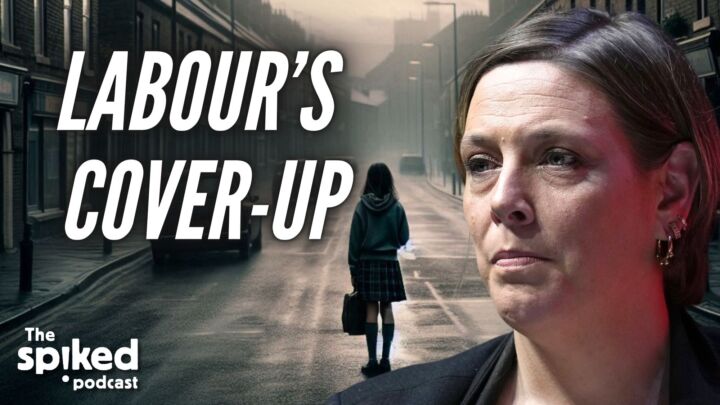
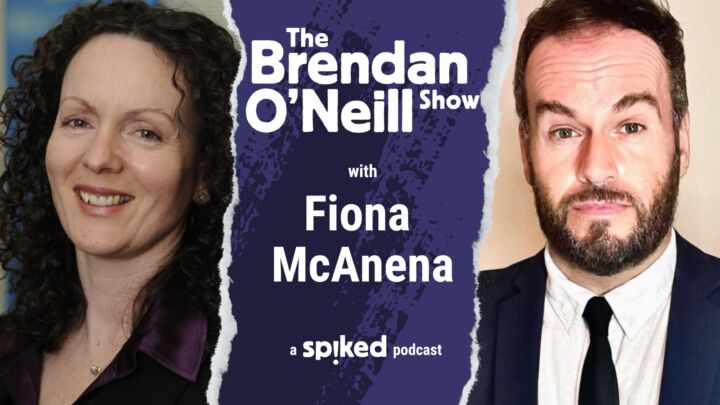

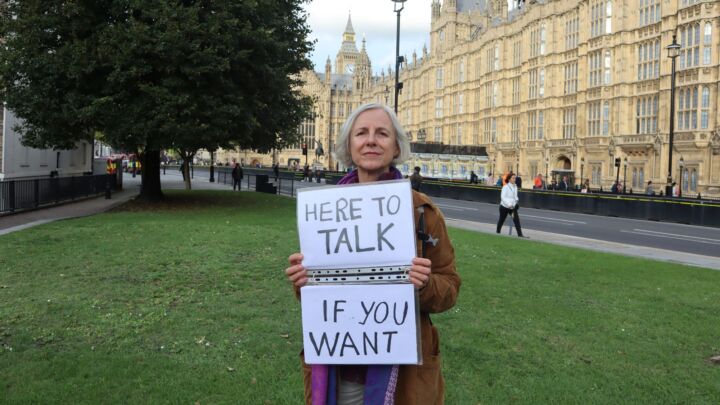

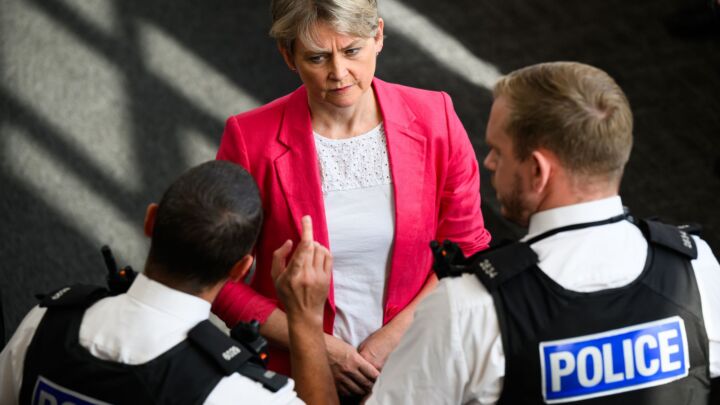
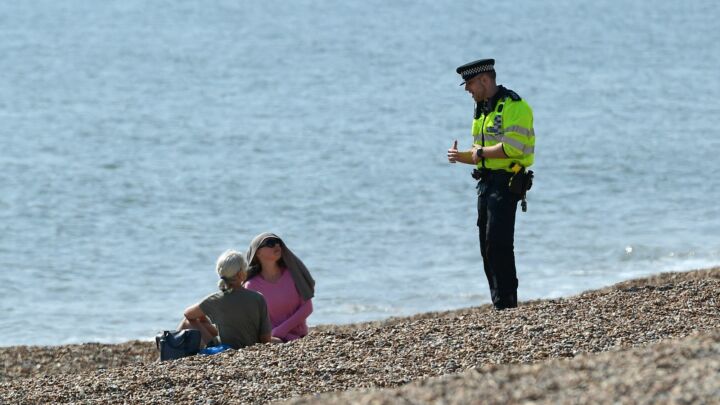

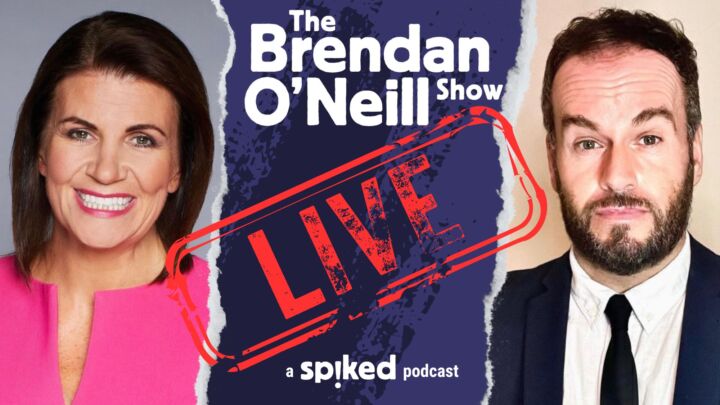
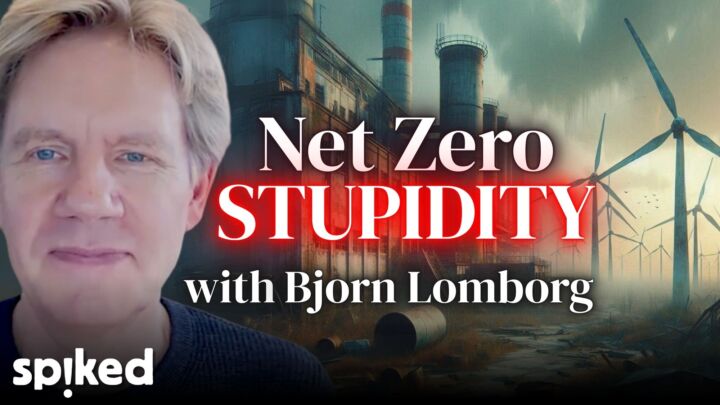
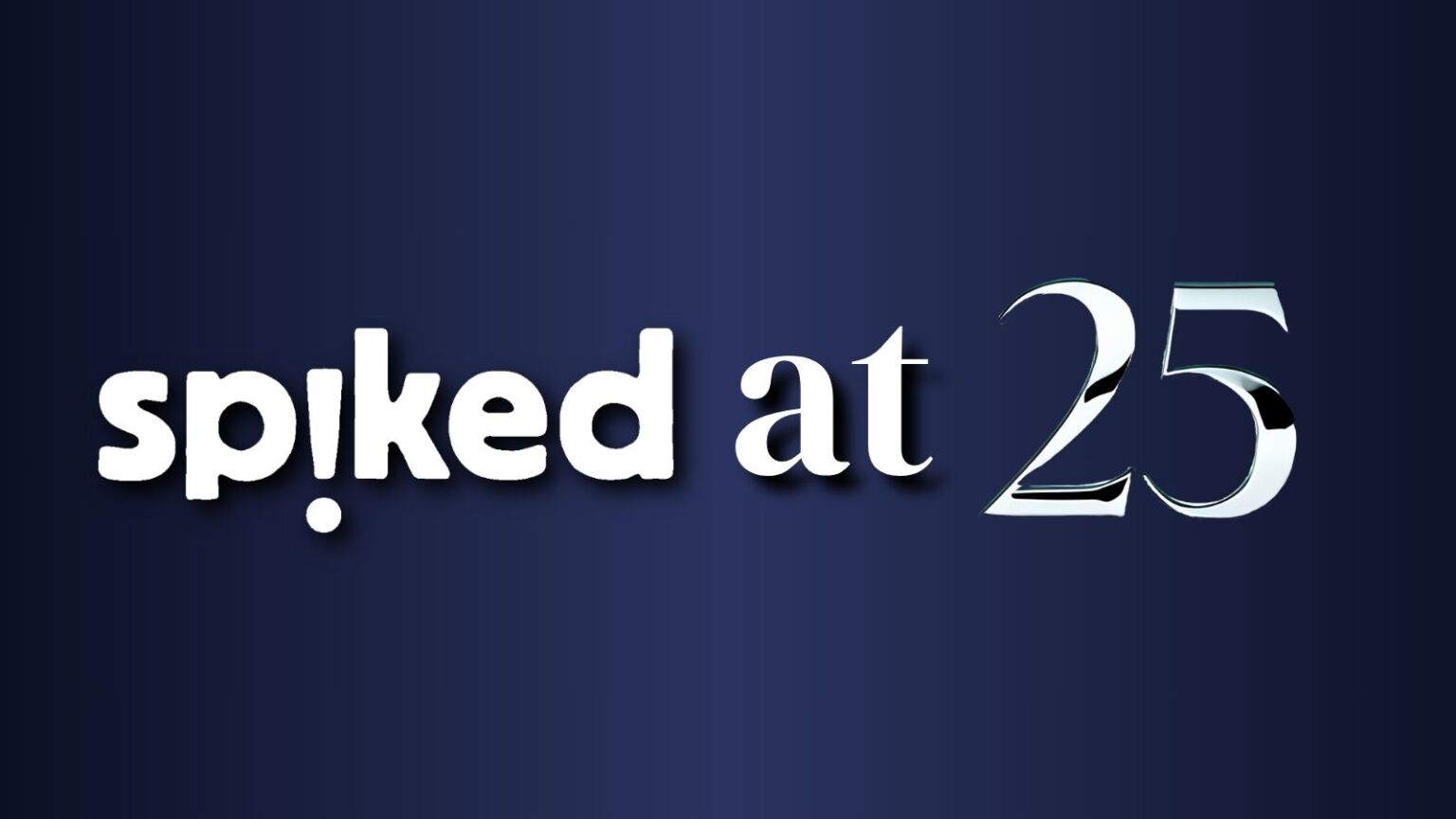
Comments
Want to join the conversation?
Only spiked supporters and patrons, who donate regularly to us, can comment on our articles.